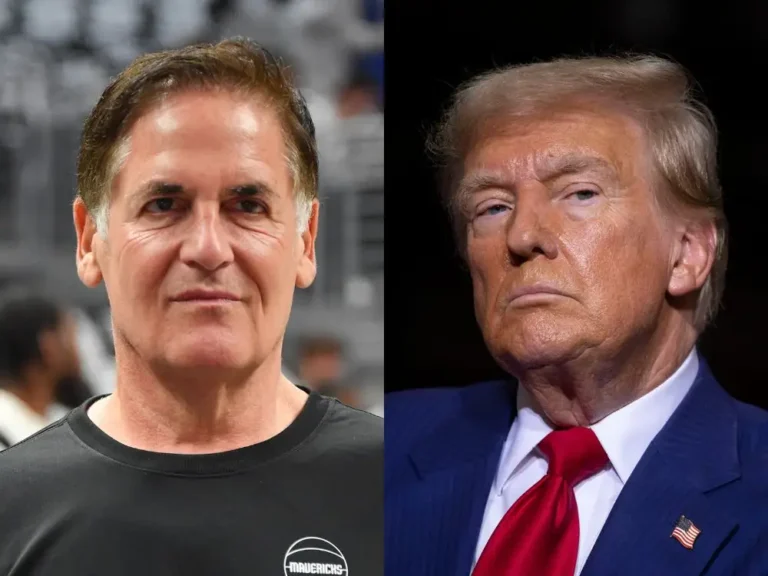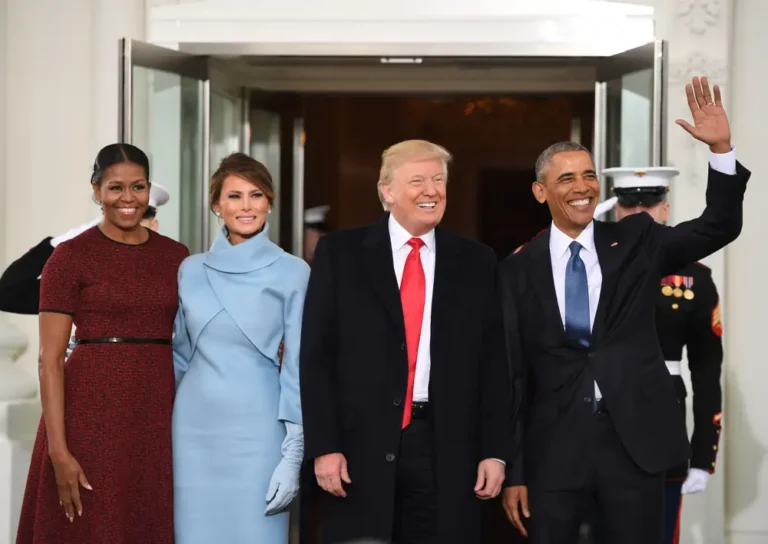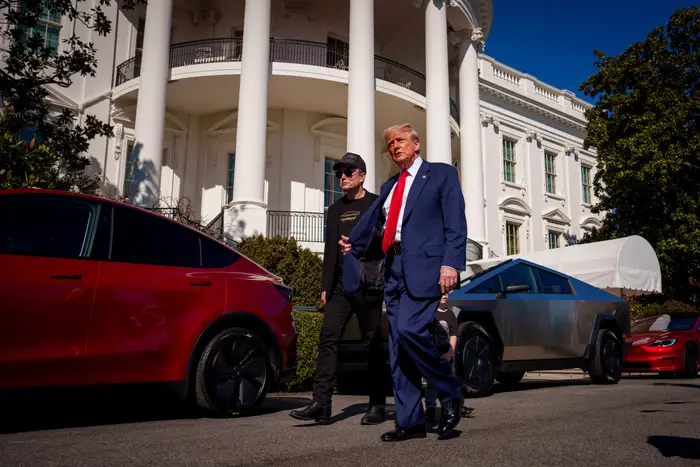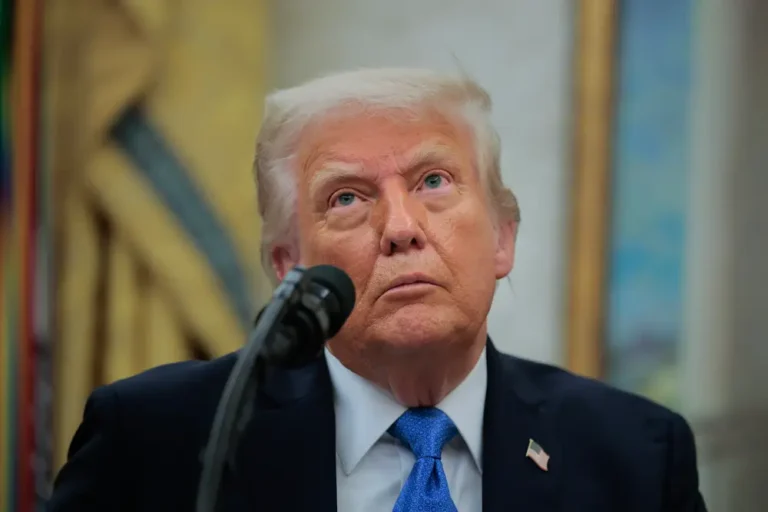Why these 7 Republican senators still aren’t endorsing Trump
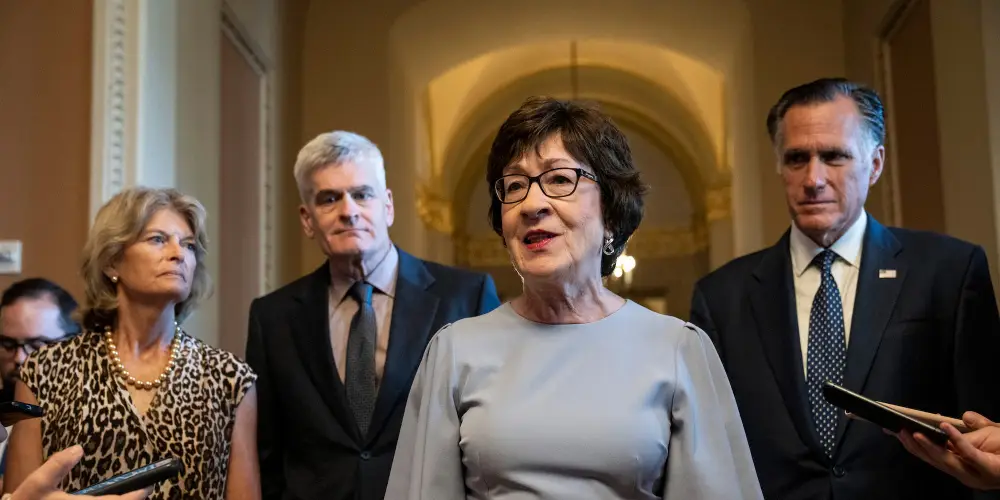
Sens. Lisa Murkowski, Bill Cassidy, Susan Collins, and Mitt Romney are among the Republican senators who haven’t endorsed Trump.
With the 2024 presidential election just around the corner, a solid chunk of the Senate Republican conference still won’t get behind former President Donald Trump.
He’s not alone in failing to lock up the formal support of the entire group. Four members of the Senate Democratic caucus also haven’t endorsed Vice President Kamala Harris, including three of the four independents who caucus with Democrats — Sens. Angus King of Maine, Joe Manchin of West Virginia, and Kyrsten Sinema of Arizona.
Democratic Sen. Jon Tester has also opted to remain neutral, he has said, in order to remain focused on his tough reelection fight in Montana.
But Trump’s lack of support among some Republican senators is notable, given that many of the holdouts condemned him in strong terms since he attempted to overturn the results of the 2020 election.
In fact, four of the senators who haven’t endorsed Trump were among the original 7 Republicans who voted to convict Trump after the January 6 insurrection.
Here’s a closer look at each Republican senator who has declined to endorse Trump — and why.
Sen. Bill Cassidy
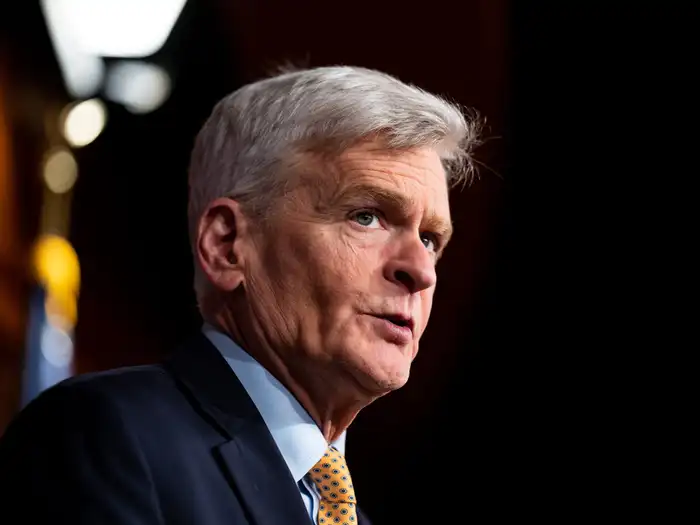
The Louisiana senator, who voted to convict Trump after January 6, has been strikingly coy about who he will vote for this year.
He has been staunchly critical of Trump over the last several years, including declaring a year ago that the former president should drop out of the race.
All the while, he has declined to say who he would eventually vote for in 2024, simply saying it would be “a Republican.”
Over the summer, Cassidy said in a statement that he would “commit to working with President Trump if he is the next president—and it appears he is going to be—to make things better for all.”
In September, when B-17 asked Cassidy about who he would vote for this November — including whether he was ruling out voting for Trump — the senator repeated three times that he’s “not voting for Harris.”
Sen. Susan Collins

Collins, the Maine senator who’s among the most moderate figures in the contemporary GOP, said in July that she will be writing in former UN Ambassador Nikki Haley for President this November.
“I publicly endorsed Nikki Haley, and I wanted her to win. She’s still my favorite candidate, and I think she could do a great job,” Collins told a local news outlet. “She’s my choice, and that’s how I’m going to express it.”
Collins voted to convict Trump after January 6, and she has never endorsed him. In 2016, she wrote in then-House Speaker Paul Ryan. She has refused to say who she voted for in 2020.
Sen. Jerry Moran
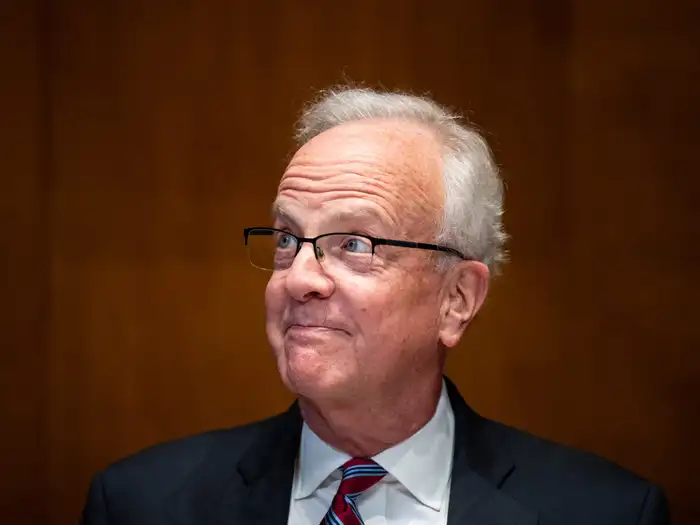
Moran, a long-serving Republican senator from Kansas, won’t say who he’s voting for this November and has declined to endorse Trump.
That’s not necessarily because he’s against Trump.
“I don’t endorse candidates,” Moran told Axios in July. “Never have.”
Moran did not vote to convict Trump after January 6, though he said the former president was “wrong to continue to spread allegations of widespread fraud and not immediately discourage the reprehensible and unpatriotic behavior” at the Capitol that day.
Less than two weeks later, Trump endorsed Moran for reelection in 2022. His campaign touted the endorsement at the time as stemming from “the confidence President Trump has in Sen. Moran to continue to put Kansas and America first.”
Sen. Lisa Murkowski
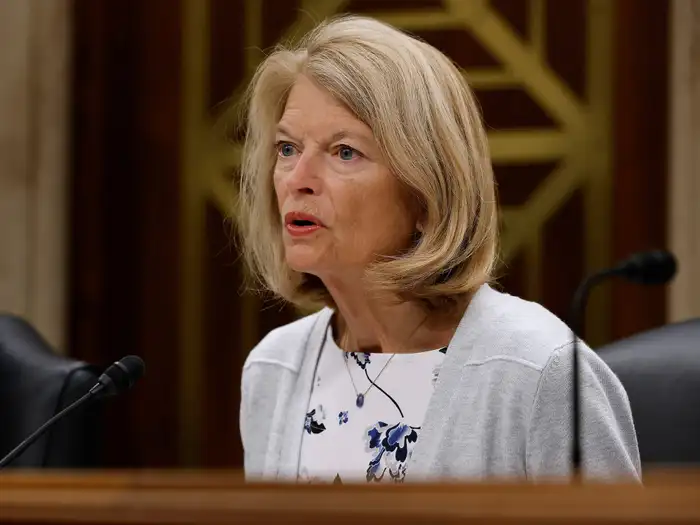
Much like Collins, Murkowski is a more moderate Republican senator — one who voted to convict Trump after January 6.
Earlier this year, she made clear that she would not vote for Trump in 2024, and seemed to indicate an openness to leaving the GOP. She later clarified that she felt that she’s “in the right place” as a Republican.
Murkowski wrote in another name in 2020, declining to say who. She also did not support him in 2016.
Despite her opposition to Trump, she’s managed to survive politically in her conservative-leaning home state of Alaska, winning reelection against a Trump-backed candidate in 2022.
Sen. Rand Paul

Kentucky’s libertarian senator isn’t endorsing Trump. But that doesn’t mean he doesn’t support him.
Paul told CNBC in September that there’s “no question that Donald Trump is better than Kamala Harris” but that he remains enthusiastic about the former president’s candidacy.
“You know, I’m a deficit hawk. The Trump administration added 8 trillion,” Paul said on CNBC.
Sen. Mitt Romney
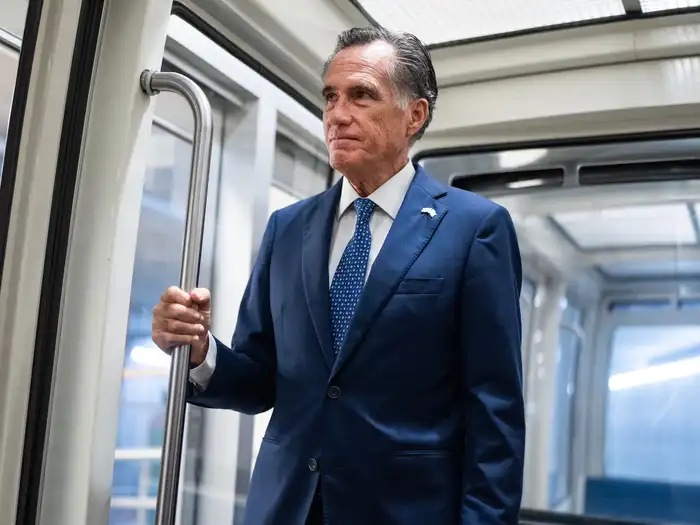
The Utah Republican and 2012 presidential candidate, who’s retiring from the Senate in January, is perhaps the most anti-Trump GOP voice in the upper chamber.
He voted to convict Trump not once, but twice — for inciting an insurrection in 2021, and for abusing his power in 2020 in connection with his efforts to pressure Ukraine into investigating Joe Biden’s family.
Romney says he did not vote for Trump in 2020, though he has declined to say who he did vote for. Last year, Romney said that if the 2024 election were to be a rematch between Biden and Trump, he would do the same thing he did in 2016: Write in his wife, Ann.
But this election isn’t a rematch after all: It’s Harris versus Trump.
When asked if he might endorse Harris in September, he told a reporter that he’s “got nothing more on that front,” adding “we’ll see” if he writes in Ann Romney again.
Sen. Todd Young
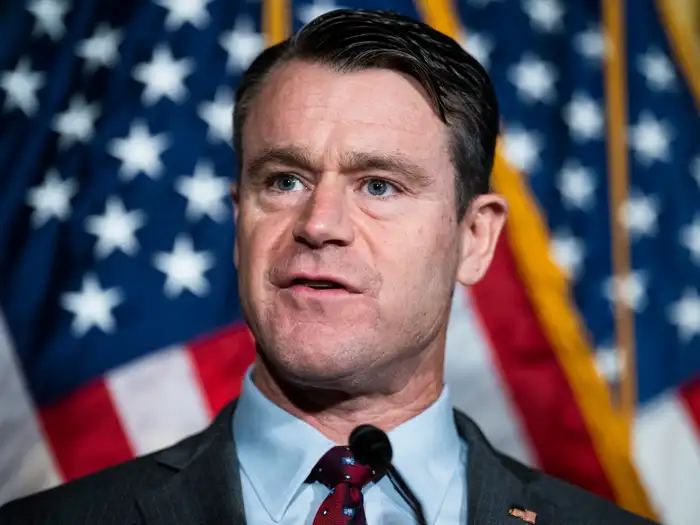
The Indiana senator is an interesting case: He didn’t vote to impeach Trump, but he doesn’t seem to be a big fan of the former president either.
In March, he said he would not support Trump during the 2024 GOP presidential primary.
Yet unlike most of the other Republicans on this list, he’s largely refused to discuss his vote any further.
In September, he told reporters that he’ll “talk to you after the election” when asked about the debate between Harris and Trump.

